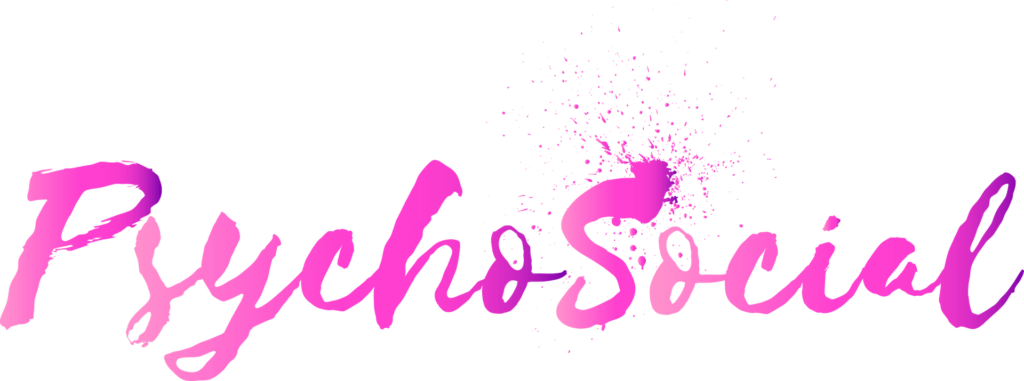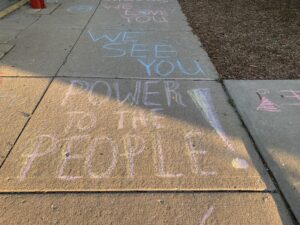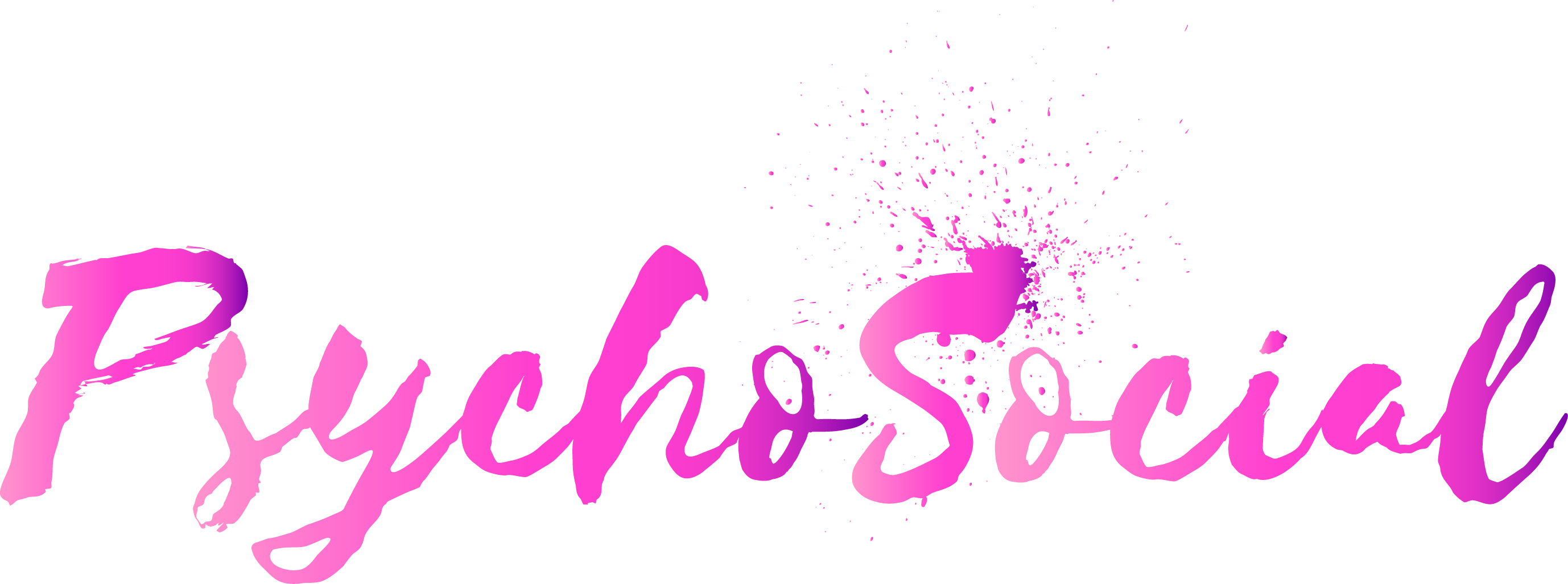A few days ago, I was sitting in my office at work, and I suddenly began to cry. It was only 1pm, and I had already seen a couple clients and supported two drop-ins who were in crisis. At first, I was surprised, I kept wondering why these tears were coming and what was happening. Instead of trying to figure it out I closed my office door and kept crying. Working in the mental health field as a therapist isn’t always easy. We often hear stories that sound like they were written for a Hollywood drama. Yet, these are the stories of everyday people who bring in their pain with the hope of finding peace.
Let your tears come. Let them water your soul.
Eileen Mayhew
I’ve always shuddered at the idea of people putting their hope in me. It’s not because I don’t believe I’m a good or even great therapist, but because it’s a huge responsibility. When you’re in the business of helping people and more specifically healing, you deal with the whole person. As therapists, we’re not like bankers who complete transactions or even doctors who focus on the physical aspects of health and they’re done. Instead, we focus on the person. The whole person. We see our clients once a week if not more. In this way, we live many lives. We hear about how their week was, their pain, their most intimate thoughts, their history, their struggles, and even some things that are uncomfortable to hear. Then we go home. I used to wonder how do you shut it off? How do you disconnect? Some days I’ve been lucky and get to go through the rest of my evening and weekend reconnecting with myself. Other days, not so much.
When I was in grad school, I was assigned a book in one of my classes titled, “On Being a Therapist” by Jeffrey A. Kottler. This particular book stood out for me more than any other book during my two and a half years of grad school. It was the first book I read that talked about what it was like being a therapist. Not just what it’s like during our work in the therapy room, but in our day to day life. Kottler at one point referred to therapists as modern-day shamans who heal others, but also take on their client’s energy. During my years as a therapist, I’ve felt this on more than one occasion. Sitting with someone in a room releasing all their pain, fear, worry, and shame. Often times by the end of the session I see a sense of relief on my client’s face. The feeling of being able to at least for one moment feel free is powerful for our clients. And then they leave, and we’re left behind still holding this energy. Of course, we’re trained to manage it, to hold it, and to use it in our treatment. But we’re also human. We get reminded of people close to us, of the past, and even of ourselves. These reminders are often unavoidable. Being human is what allows us to do this job and connect with others. This connection, however, takes high amounts of energy.
I realized after I stopped crying how real the impact of vicarious trauma is and how it can slowly sneak up on us without us realizing it. Once I reflected on this, I was able to reach out to a fellow clinician and process some of my experience. This was extremely helpful, and I absolutely recommend it if you are experiencing symptoms of vicarious trauma. For a long time, I thought that feeling this way meant I wasn’t a good therapist because I “couldn’t handle it,” but now I realize that it’s what helps make me a good therapist. Being able to empathize with our client’s and understand them in such a deep level is necessary for our work. However, like with all things there needs to be a balance. Currently, I am still working on finding this balance, but I remain hopeful that I will continue to learn and grow for both myself and my clients.
*If you would like to read more about vicarious trauma, make sure you read one of our older posts by clicking here.
Luis is a Licensed Marriage & Family Therapist who graduated from Long Beach State University with a Masters degree in Counseling Psychology (2015). He also has a Bachelors's degree in Child and Adolescent Development with an emphasis on Public Policy from San Francisco State University (2011). Luis has over 9 years of experience working with children and families both in education and mental health. Previously, Luis worked for a non-profit agency in San Francisco, CA providing mental health consultation in early head start programs and SFUSD pre-schools. Currently, Luis works at Kaiser in San Francisco providing mental health services.
His therapeutic interests include working with Trauma, the LGBTQ community, Children, Families, Couples, and POC. His personal interests include; Films, Reading, Writing, Art, Travelling, Disney, and Food. He is also a recipient of the California State Stipend award (2015). PsychoSocial is part of Luis' dedication to mental health and an example of his passion to educate others. Luis hopes that through PsychoSocial he will be able to help in the fight to end the stigma around mental illness.
#EndtheStigma
-
Luis Cornejo, LMFThttps://psychosocial.media/author/psychosocial/September 18, 2017
-
Luis Cornejo, LMFThttps://psychosocial.media/author/psychosocial/January 28, 2018




















